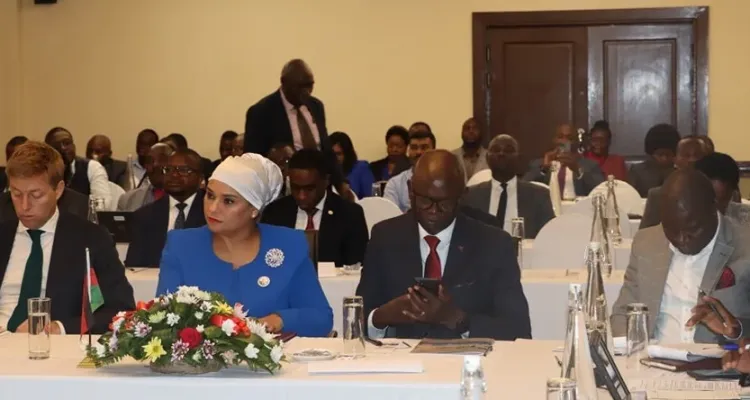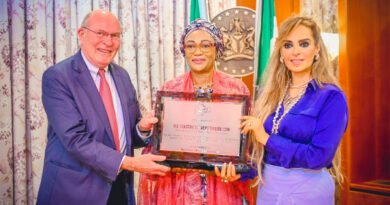World Bank Commends Malawi’s Economic Stability Efforts Despite Slow Growth
The World Bank has lauded Malawi for its proactive measures in stabilizing the economy, even amidst a period of sluggish growth in 2023.
The commendation comes as the country continues to implement key macroeconomic policies and sustained structural reforms aimed at bolstering economic resilience.
The appraisal was detailed in the 18th edition of the Malawi Economic Monitor (MEM), unveiled by the World Bank in Blantyre under the theme ‘Health Watersheds for a Strong Economy’.
The MEM offers an insightful analysis of economic and structural challenges facing Malawi, with the aim of informing policy discussions and fostering informed decision-making.
According to the MEM report, Malawi’s economy experienced a modest growth of 1.6 percent in 2023. However, projections indicate a more promising outlook for 2024, with an anticipated growth rate of 3 percent.
Factors contributing to this positive trajectory include a moderate improvement in agricultural production, a slight easing of global commodity prices, and enhanced output supported by improved foreign exchange inflows.
Hugh Riddell, the Country Manager for the World Bank in Malawi, emphasized the importance of fiscal consolidation measures and public financial management reforms in restoring long-term macroeconomic stability and fiscal sustainability.
Riddell highlighted the significant strides made in various development programs funded by the World Bank, citing the Shire Valley Transformation Programme as a notable success for Malawi.
The MEM report also underscores the critical role of watersheds in sustaining ecosystems and supporting biodiversity, agriculture, and human populations.
It discusses potential avenues for redirecting funds towards watershed management and financing interventions to rehabilitate degraded watersheds, aiming to enhance environmental sustainability and resource management in the country.
In response to the report, Minister of Water and Sanitation, Abida Mia, commended the World Bank for its insightful analysis and emphasized the government’s commitment to reversing land degradation through initiatives such as the Malawi Watershed Services Improvement Project (MWASIP).
Secretary to the Treasury, Betchani Tchereni, reaffirmed Malawi’s determination to pursue bold measures to stabilize the economy, including debt restructuring efforts and initiatives aimed at boosting production and exports.
Additional source: Malawi24



